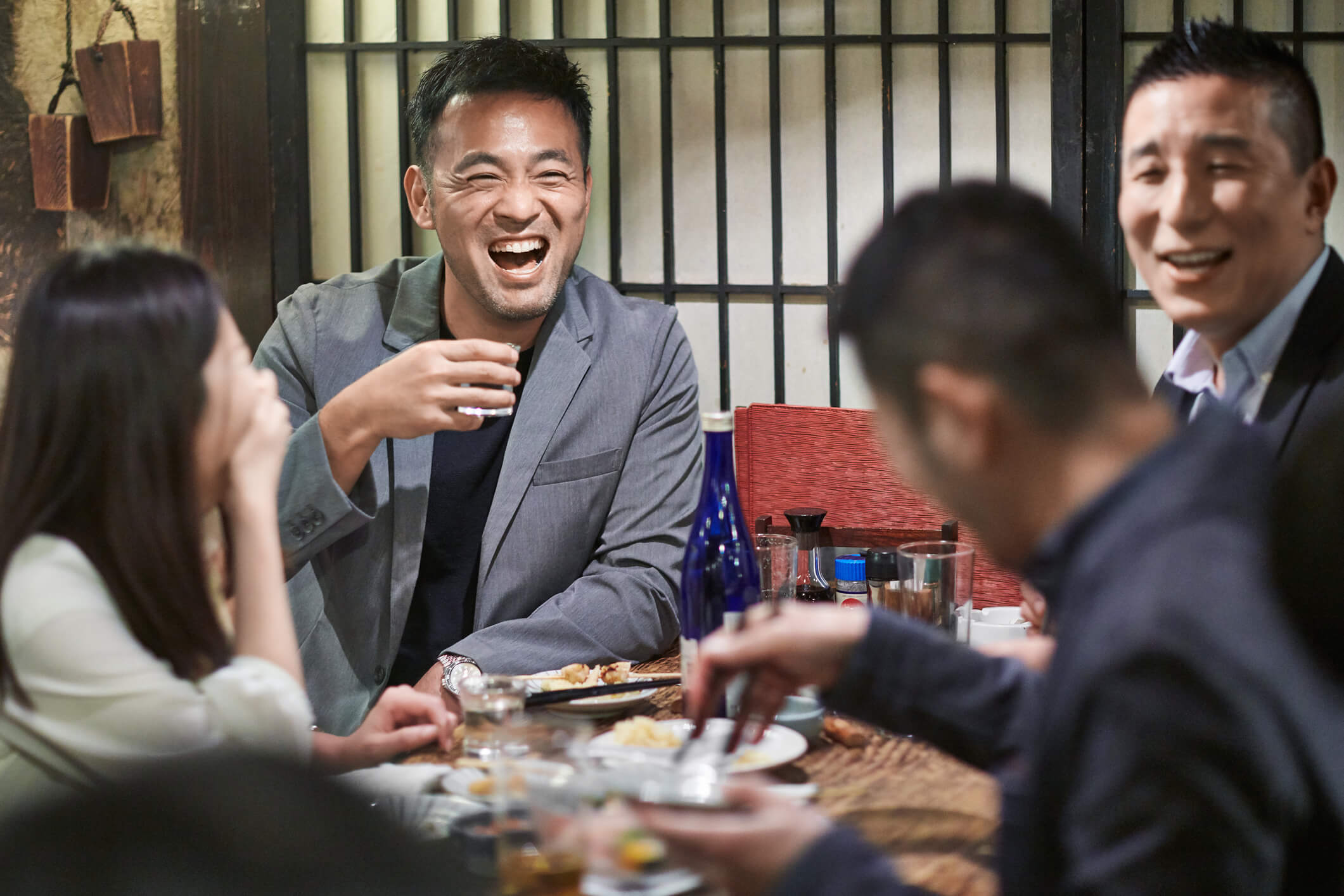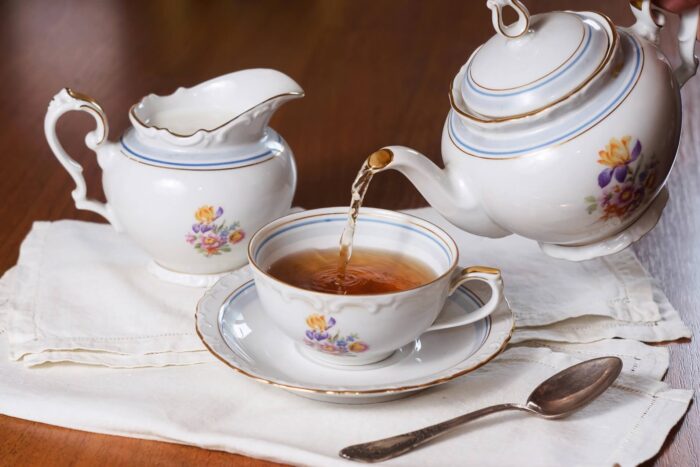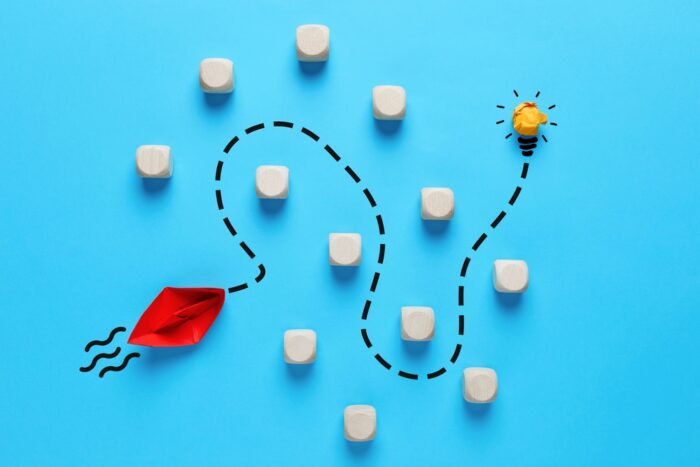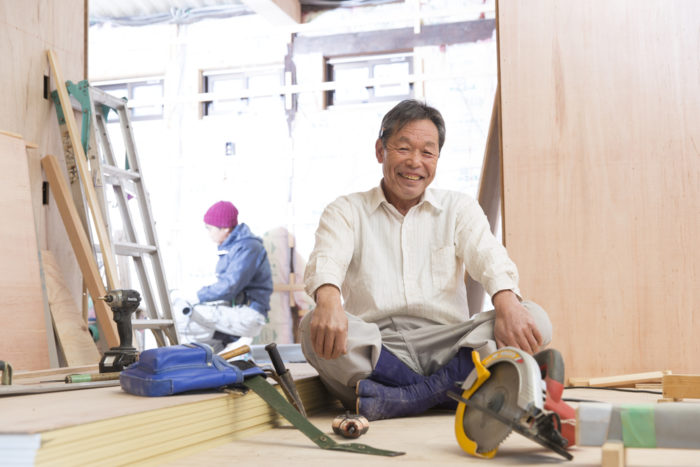
Last Updated: 17 Mar 2022 After five in Japan… happy hour or the crux of the matter? The art of nomunication
“How do American businesspeople communicate with each other if they don’t go out drinking with each other?” This question was recently posed to me by one of my Japanese clients. For the average American businessperson, this would be an almost laughable question. “Why, they would communicate by talking with each other!” might be the response. From the American perspective, it’s difficult to understand why many Japanese feel the need for alcohol to act as a lubricant for business conversations. For Americans, clear and straightforward communication is something that everyone should be able to do as a normal matter of course during the normal workday.
Once I was working with an American who had been assigned to work closely with a his firm’s Japanese joint venture partner. He was sent to Japan and had a desk inside the Japanese company. His greatest frustration was that his Japanese colleagues would only seem to open up when they were out drinking. He was glad that there was at least one time that they would communicate with him in an unguarded way, but both he and his wife were less than thrilled with how the evening drinking sessions were impinging on his personal time. So he took to this practice. Whenever he was having a conversation with his Japanese colleagues during office hours and sensed that they were being less than straightforward, he would pantomime pouring beers for them and say “It is now 5 pm, we are in a bar, and we are drinking. Now, tell me what you really think.” I don’t know whether this technique was actually effective, or whether his colleagues saw the humor in it, but it does clearly illustrate how frustrated this American was with how his Japanese colleagues would communicate so differently depending on the situation.
Many Japanese use the word “nomunication,” a hybrid of nomu (drink) and communication. However, it’s important to realize that not all Americans are going to understand what this term means. Just recently one American businesswoman I know heard this term from a Japanese colleague and thought it meant “no communication.”
Why is getting together after hours for drinks so important to Japanese? Traditionally, in Japanese workplaces people have been expected to obey the hierarchy and all the accompanying etiquette. This includes not speaking one’s mind, and being careful to sugarcoat any potentially offending comments. No human being can possibly handle the strain of being expected to keep such a tight lid on their thoughts and feelings a hundred percent of the time — some kind of outlet is necessary. In Japanese society, if one is drinking, one is permitted to be more direct, and social faux pas that otherwise would be punished severely are tolerated.
This attitude toward drinking leads to another difference with US society, one that has the potential to be a true clash. For Americans, alcohol is not considered an excuse for otherwise taboo behavior. “He was drinking” does not explain away objectionable statements in the U.S. Many Americans are shocked when they visit Japan and see their Japanese colleagues “let their hair down” when out for a night on the town. The contrast between the buttoned-up behavior in the office and the extremely relaxed atmosphere when at a pub is quite unlike what one would expect in the United States.
Related articles
The culture component and why it matters in management
Let me start with what might at first appear to be a personal story unrelated to cross-cultural mana
Purpose should come from within, but also from outside Japan HQ
Recently an HR director for a Japanese financial services company in Europe told me that he had been
(Video) So, What is Monozukuri Actually?
Monozukuri is one of those well-known and often used Japanese words among people from outside of Jap




